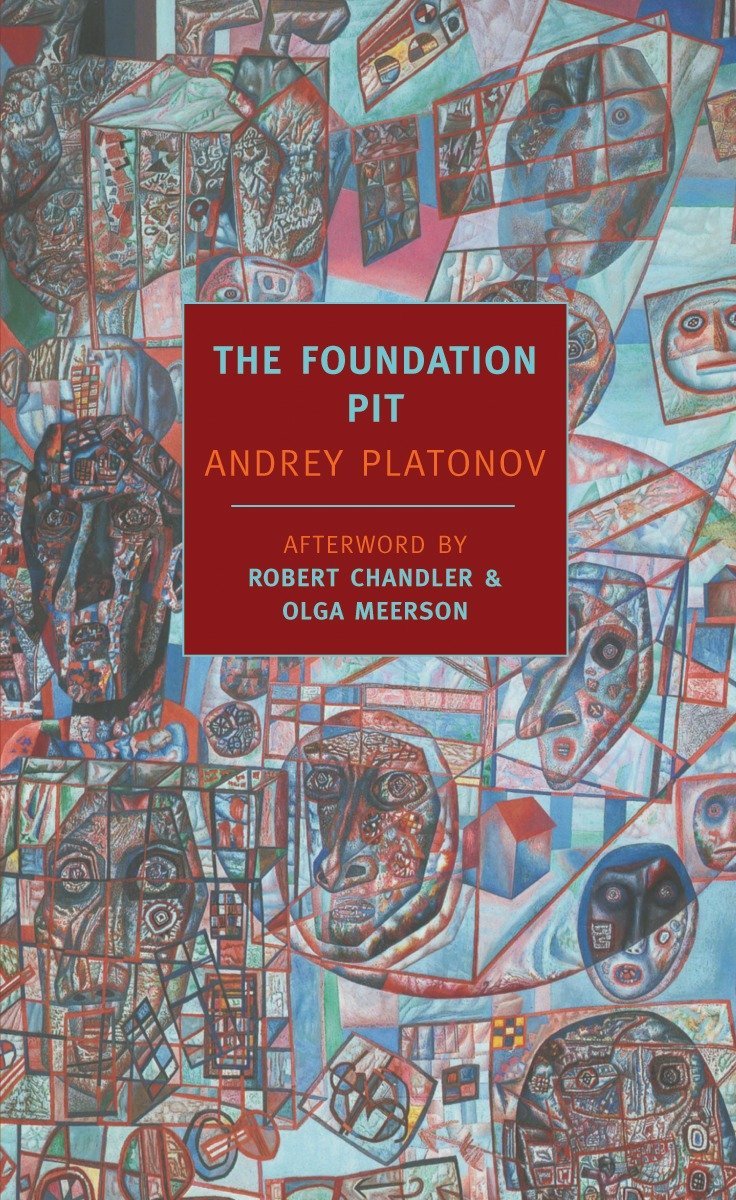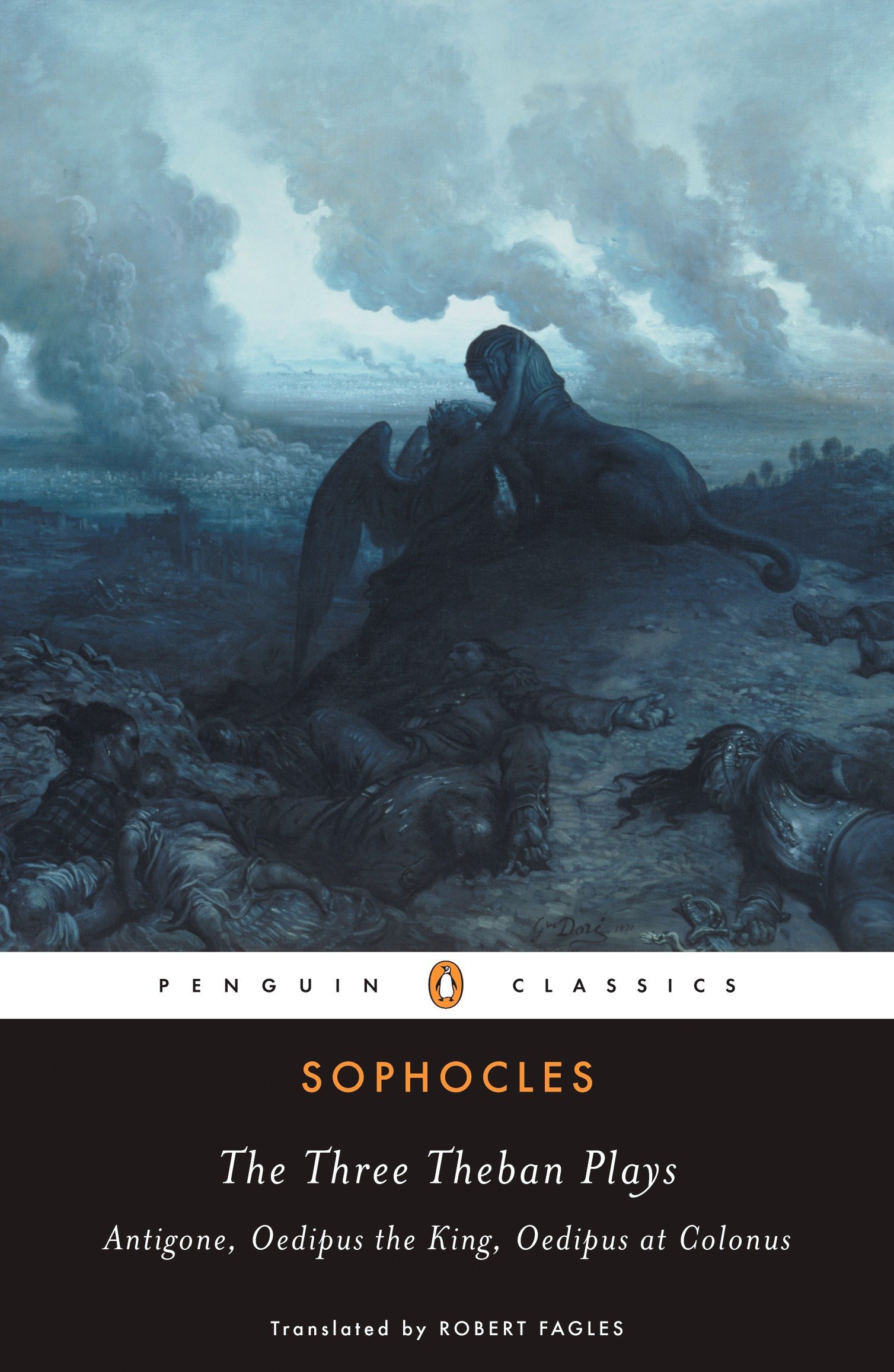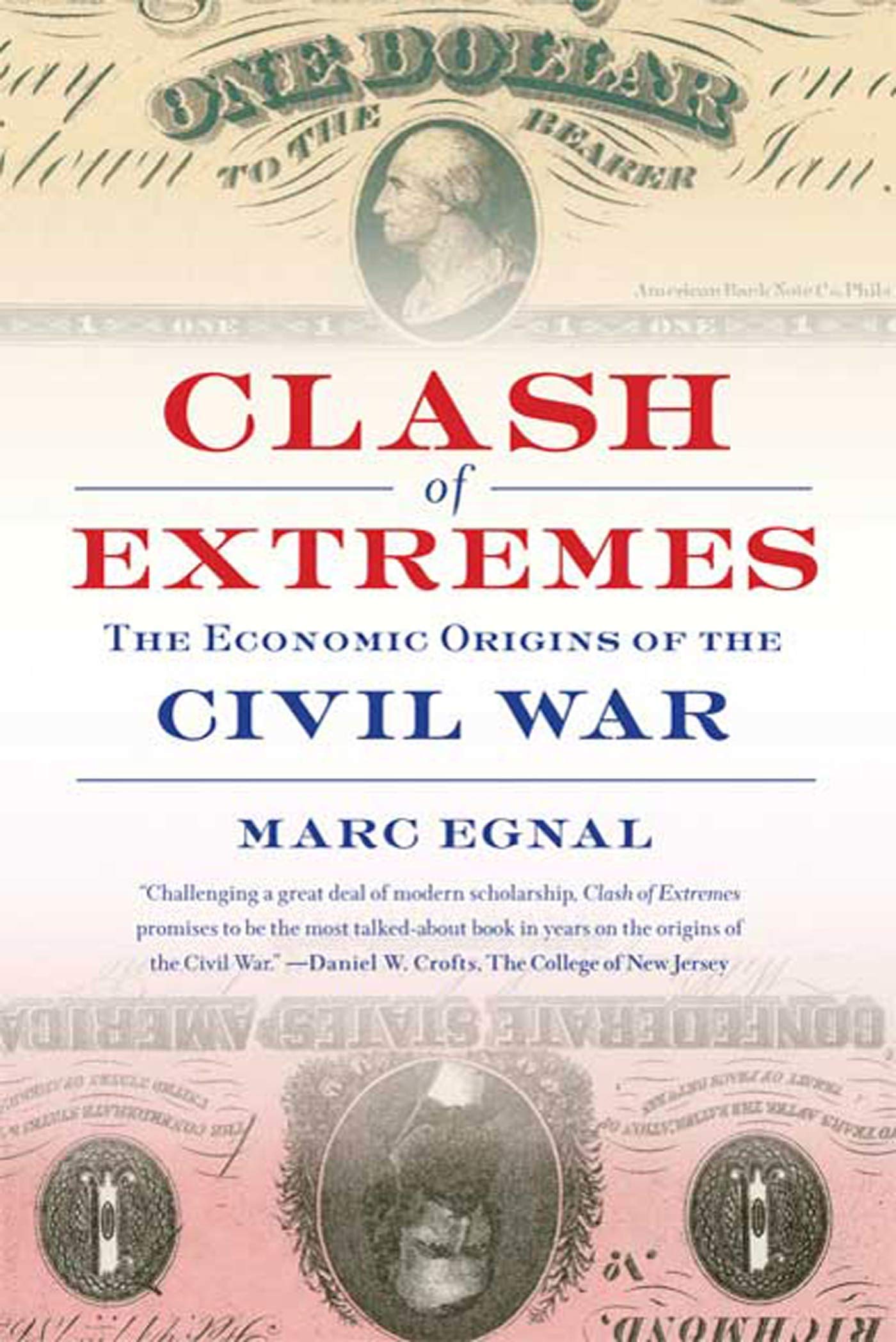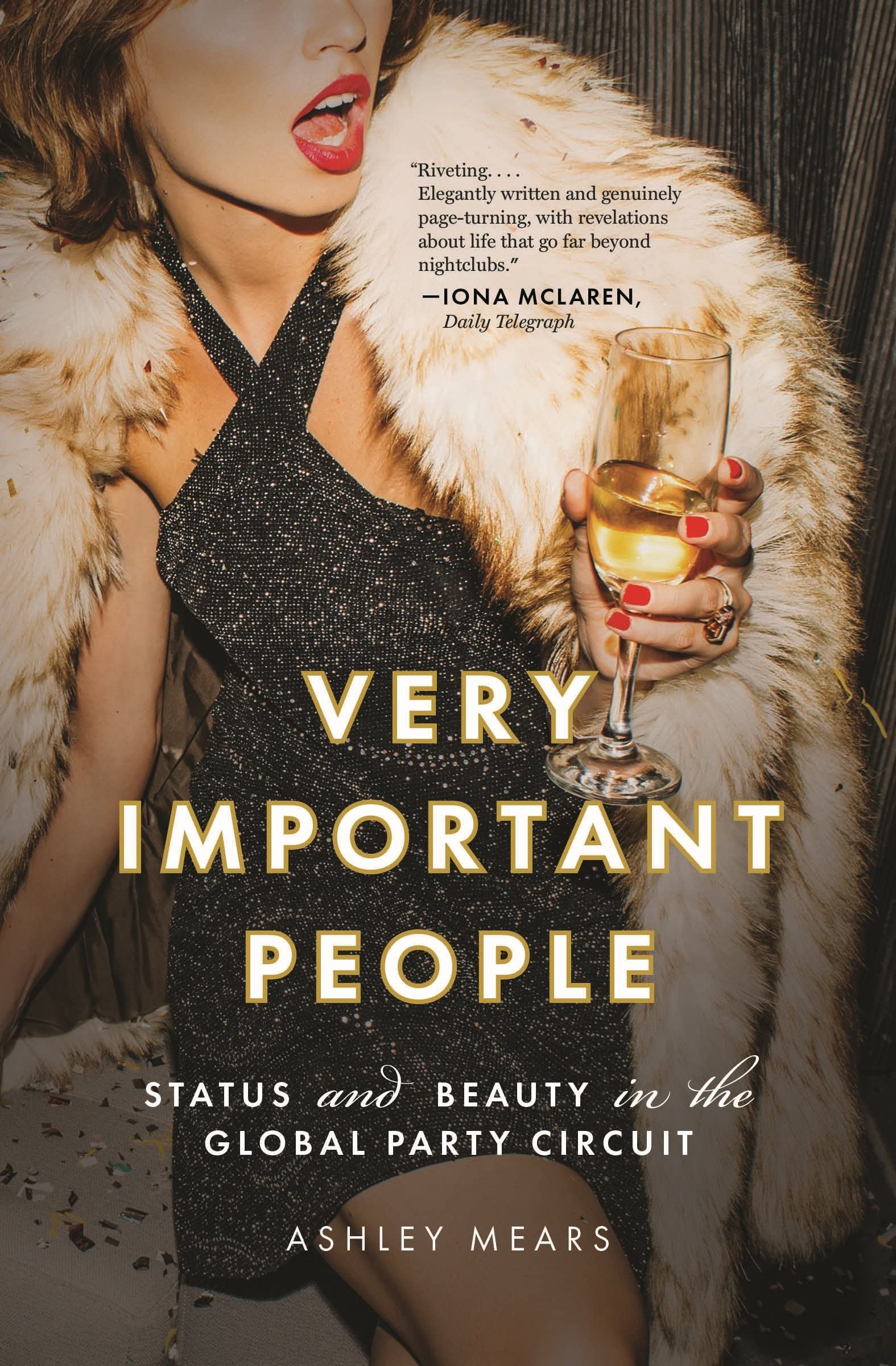For some reason I read a lot of Greek/Roman mythology and adjacent material this year. It ended up being very useful, since a lot of what I read flowed into each other, and seemingly unrelated connections appeared all over the place. I also got back into writing reviews, a covid casualty that I sorely regret. Writing reviews is not only a great way for me to put my thoughts down, it helps me remember what I read, practice my prose style, and just have fun thinking out loud about all the stuff I read. I will do a better job keeping up next year!
For fiction, my single pick this year would be Manzoni's Betrothed, a truly tremendous novel. Sophocles' The Theban Plays would be right behind it; the classics are classics for a reason!
For nonfiction, DeLong's Slouching Toward Utopia had more great facts per page than almost anything I've read in the past few years. Mears's Very Important People is an honorable runner up, as the study of beauty and status will never stop being fascinating.
Fiction:
James Clavell - King Rat. As I was reading this absolutely tremendous prison novel I was mentally comparing it to other famous prison novels I’ve read (The Count of Monte Cristo, Papillon, Kolyma Tales, Darkness at Noon, etc), and concluded that it ranks right up there among them, and the fact that it’s primarily autobiographical only makes it more vivid and impressive. It’s set at the Japanese prison camp of Changi in the eastern part of the island of Singapore towards the end of World War 2 and follows author stand-in Peter Marlowe as he deals with the meager rations, harsh discipline, squalid conditions, and most of all the black market economy of the camp, masterminded over by the King, an American corporal who has traded his way into an exalted position in the hierarchy of prisoners, at the price of the general resentment of his fellow captives. What gives the book its power is much the same as what made those other books such classics - the rich details of the setting, the vivid characterizations, the suspenseful plot, and most of all the claustrophobic feeling of being absolutely at the mercy of a seemingly unbeatable oppressor. Even the bittersweet ending, where several characters discover that the relief of liberation isn’t actually welcome news, and now they have to return to their old places in the outside world, is flawlessly done. This is the start of his epic Asian Saga, which gets such glowing reviews that I guess I will have to check out the other novels as well.
Alessandro Manzoni - The Betrothed. If there is one rule I’ve learned from reading a lot of Great Novels, it is that they almost always really do live up to their reputations, and this is no exception. In fact this is not only the Great Italian Novel, it is one of the great novels of world literature. Written in 1828 and set in the north Italian countryside around Milan in 1628, it’s the story of two young lovers who battle plague, war, famine, local tyranny, the corrupt religious establishment, and seemingly every obstacle fate could devise along the way to consummating their betrothal. Manzoni himself is a real pleasure to read. Like all great authors he’s totally self-indulgent, stopping in the middle of the story to plug his buddy’s poetry, or inserting several long but fascinatingly perceptive disquisitions on the economics of bread shortages, or delivering whole chapters worth of backstory for a side character whenever he pleases. But he’s never less than superb as a storyteller, managing to keep up several gripping narratives at the same time as he’s plumbing deeply into the souls of his characters. And to that point, this might be one of the finest religious novels ever written, as Manzoni takes the ideals of Christianity and their effect on ordinary people extremely seriously, while at the same time treating the Church hierarchy with an amused and skeptical (but never cynical) eye. There is a scene of conversion and repentance that brought me to tears. Great novels create whole worlds inside themselves, and this is one of the greatest.
Andrey Platonov - The Foundation Pit. In the long and storied history of Depressing Russian Novels, The Foundation Pit deserves a special mention for just how especially bleak it is. It’s also incredibly weird, even in translation. Written in 1930 but not published until decades later for reasons that are obvious when you read it, Platonov’s tale of the lives of construction workers building a pit for the foundation for a new public housing development in an environment of incredible poverty and administrative failure is at once both narcoleptically mundane and intensely surreal - quotidian scenes where a worker does nothing but gather fallen leaves as a metaphor for the meaningless of the universe run into action scenes with an anthropomorphic bear who murders class enemies and works as an ironsmith. The language is also incredibly strange, a mix of supercharged party-speak and hypnotically flat poetry; a true hybrid of both socialist realism and magical realism that must have caused some real headaches for translators Robert & Elizabeth Chandler and Olga Meerson. The result is a hauntingly grim satirical novel about the lost potential in the Soviet Union’s attempts to implement socialism, which I would rank right next to Francis Spufford’s Red Plenty. Thomas Seifrid wrote a very useful companion guide to the novel which you can find online if you want to catch all of the symbolism etc, but it’s not really necessary, it’s best to just dive right into this odd, melancholy novel.
Ovid - Metamorphoses. One of my favorite books when I was younger was Edith Hamilton’s Mythology. I have reread it through the years, and its seemingly comprehensive survey of the vast landscape of Greek mythology was compelling each time. Then I read this. To my surprise, Hamilton says in the Preface to Mythology that she had such a dim view of Metamorphoses that she refused to use it as a sourcebook, preferring other authorities. Her main complaint was that he didn’t take the myths seriously as myths, accentuating the crowd-pleasing sex and violence at the expense of a sincerely religious element she felt was essential to truly appreciating them. Well, even if Ovid wrote this epic poem as blatant reappropriation of Greek culture and pro-Roman propaganda, treating the myths as mere building blocks for his own construction and not sacred works in themselves, it’s spectacular. It doesn’t have a central character, an overall plot, or even a moral (besides the obvious one in the title: get used to things changing), but there are so many captivating little stories loosely strung together that you can see why this became the standard collection of Greek myths for most of modern history, inspiring legions of derivative works to the point where it became the wallpaper of Western culture. Horace Gregory’s 1958 translation is perfect, leavening his flawless prose with the vivid metaphors which we associate with the ancient epics, and inserting all these neat turns of phrase. I am not sure that this will replace Mythology in my mental library, exactly, but Ovid’s irreverent and playful attitude towards his subject material strikes me as something I might have appreciated more as a child than Hamilton’s solemn veneration, despite (or maybe because of) the more adult presentation. But why choose?
Sophocles - The Theban Plays. I had seen stage performances of both Oedipus Rex and Antigone before, but had never actually read them, or experienced the middle play, Oedipus at Colonus, at all. I actually read this in two different translations back to back: Bryan Doerries’s 2021 rendition and Robert Fagles’s more venerable 1982 version. Both have their strengths, though I preferred Fagles (as well I should, given his tremendous work on The Iliad, Odyssey, and Aeneid). I don’t feel I have much new to say about these foundational works of Western culture, but I will say that I was surprised at how affected I was by Oedipus’s relationship to his guilt over the course of the plays. Part of it was timing: I had been discussing Camus recently with family and friends, and he has a famous line about coming to terms with the absolute indifference of the universe to human affairs that “One must imagine Sisyphus happy”. All well and good, if your model of humanity is a man punished for trying to cheat death, but could it be possible to imagine Oedipus happy? Someone condemned for a crime he didn’t consciously commit, punished for acts he had no way of knowing were wrong, and sentenced despite the universal agreement that fate simply dealt him a raw deal? I’d like to see Camus explain that one! Fagles’s translation in particular really brings out the complexities of each of the characters, especially their continuous conflicts of loyalty to family, city, custom, law, and divine will, and by the end of Antigone (which was actually written first), I ended up agreeing with the consensus: Greek tragedies simply can’t be beat. What a fool I was!
Non-Fiction:
Brad DeLong - Slouching Toward Utopia. I’m sure you’ve seen those charts of historical world GDP per capita: almost perfectly flat for 99% of human history since the dawn of time, rising gradually only in the 19th century, and finally turning nearly vertical by the present day. That line represents humanity’s gradual escape from the grinding poverty of our prehistoric past into a world of, if not plenty, at least some, and if not for everyone, at least more and more, and explaining its shape - not just how but why it went from flat to exponential, changing the story of our species from questions of bare subsistence and survival to wealth and abundance - is one of the central questions of both economic history as well as any progressive politics of the future. Now, to fully describe the economic history of the entire planet over even a single year is an impossible task, let alone the “long 20th century” of 1870 to 2010, but if any mortal could even dream of such an Olympian feat, it’s DeLong. This stretch of time, from 1870 - when globalization, the industrial research lab, and the modern corporation appeared - to 2010 - the trough of the Great Recession - is populated with many disputatious characters and diverging trends, but DeLong sees the overarching narrative as a conflict between Friedrich Hayek’s market capitalism and Karl Polanyi’s social justice, refereed by John Maynard Keynes’s mixed economy, reaching an apex in the postwar mixed economies and shambling to a nadir after the Great Financial Crisis. And yet even that nadir represents a fantastic triumph of human achievement, vast numbers of people lifted out of poverty and even into luxury, and we can be confident that the story’s not over yet, even if we never reach the promised land. I’ve been reading DeLong’s econ blog for nearly 20 years, enjoying all the preview snippets of this magnum opus he would from time to time, and it was well worth the wait.
Marc Egnal - Clash of Extremes. Anyone who has passed high school US History is beyond tired of the “What caused the Civil War?” question, but “What political and economic factors made the Civil War inevitable?” is still a worthy topic of interest. If you have read Eric Foner's Free Soil, Free Labor, Free Men chronicling the formation of the Republican Party then you’ll be familiar with the political background, while James McPherson's Battle Cry of Freedom devotes a good number of its pages to the social context; this book presents the economic side of the story, analyzing how changing patterns of production, transportation, and trade in the disparate regions of the country gradually polarized the formerly ideologically incoherent national Whig and Democratic parties into implacable opponents, making some sort of conflict unavoidable as the North and Midwest boomed while the South stagnated. While not an economic determinist in the mold of Charles & Mary Beard, Egnal presents reams of data showing how the explosive growth of the Midwest (particularly areas adjacent to the Great Lakes) contrasted with declining soil fertility in the South, permanently upsetting the delicate regional balance of power and established coalitions in Congress. Peter Turchin’s Ages of Discord had a fascinating section trying to apply Structural Demographic Theory to explain why the Civil War had to happen in the 1860s specifically and not the 1850s or 1870s; Egnal agrees that the Southern plantation owner class who controlled the region’s politics were presented with the grim but inescapable choice of either forcing the issue with the North in the waning moments of their strength, or meekly accepting terminal decline relative to the rest of the country. The implicit lesson that those who run a slave economy often become slaves to that economy themselves in turn is well-taken.
Ashley Mears - Very Important People. Everyone loves being around beautiful women, but what is it like to actually be the sort of beautiful woman who gets to party in some of the nicest and most expensive places on the planet for free, whose mere presence at a party could be worth serious money for someone else if the vibe you provide could make a party extra-special? Where is the line between beauty as an aspect of and for yourself, and beauty as a commodity to be traded and negotiated over by other people? Is a piece of designated party eye candy basically a prostitute, even if you’re not compensated in money or sex but partying itself? This performance of beauty is of course very interesting to everyone, and this is a sort of embedded ethnography on being beautiful by Ashley Mears, a model turned sociology professor at Boston University who was hot enough to pass herself off as one of the young party girls who are ubiquitous at the exclusive high-end Vegas/LA/NYC/Miami scenes we all dream of being regulars at. While ironically she doesn’t get nearly as far into the psychology of her fellow party girls as they undergo the surprisingly demanding lifestyle of party-hopping as she does into the hustlers and promoters who book them and the international high-rolling bottle service “whale” customers who are paying for it all, she uncovers some fascinating details of a stratum of life as strange as it is glamorous.
Alexander Mikaberidze - The Napoleonic Wars. Even if you think that you’re tired of the Napoleonic Wars, the subject is so rich in detail that there’s always room for a new and distinctive angle to make you pick up one more book. Mikaberidze delivered exactly what the subtitle of A Global History promised, covering how wars shifted the balance of power in Europe, as expected, but with more of a focus on how Napoleon's rise and fall created and shaped countries around the world, leaving fascinating legacies everywhere. He doesn’t spend a ton of time on the minutiae of the battles, typically limiting himself to a few paragraphs placing the tactical maneuvers in the broader strategic context of each campaign, and that frees him up to explain how first Europe and then the whole world became caught up in the escalating logic of near-total war that had such dramatic political consequences for the rest of the 19th century and beyond. While perhaps not the first volume on the Napoleonic Wars an interested person should read, it shows that there’s a whole other world out there beyond Jena and Trafalgar that was vital to how the whole affair went down.
Virginia Postrel - The Fabric of Civilization. Postrel’s 2013 book Glamour was a fascinating look at the rhetoric of desire, and this new book is similarly interesting. Textiles are by now so commoditized in rich countries as to be almost beneath notice except in unusual circumstances, but for the majority of human history they were extremely expensive and time-consuming to produce. Elizabeth Barber’s book Women’s Work: The First 20,000 Years was a great look at the historical mode of fabric production, and this is an able sequel of sorts, using explorations of how various societies have tried to solve the problem of keeping their members fully clothed as a base and layering other aspects of the clothing experience on top: how do trading patterns affect clothing, how has the question of fashion vs utility worked over time, how did scientific discoveries in fabrics and dyes affected clothing styles, to what extent did cotton production determine geopolitics, where will technological advances take clothing next, and all sorts of other questions. I have a family history in the garment business and have been to textile mills in other countries, so I was hoping for a little more discussion of labor issues (in addition to the gender aspect that Barber covered so well in her book, when I visited Bangladesh, the classic question of if risky low-wage export jobs are better than no jobs was front-page news every day), but this book both covers a lot of interesting ground itself and is an excellent jumping-off point for many other lines of reading too, which is the mark of a great work.










No comments:
Post a Comment
Note: Only a member of this blog may post a comment.